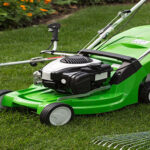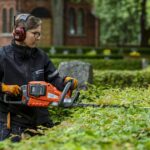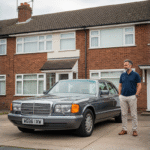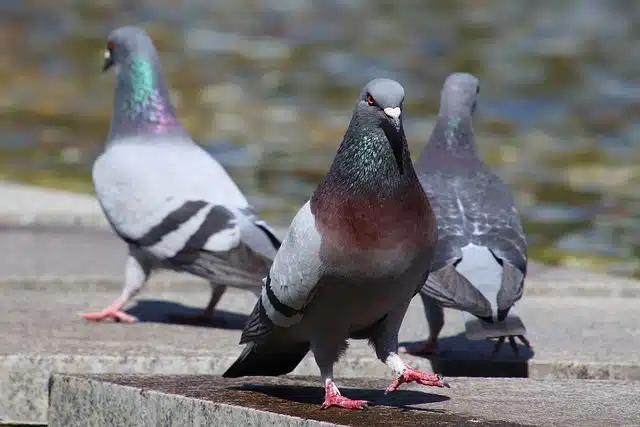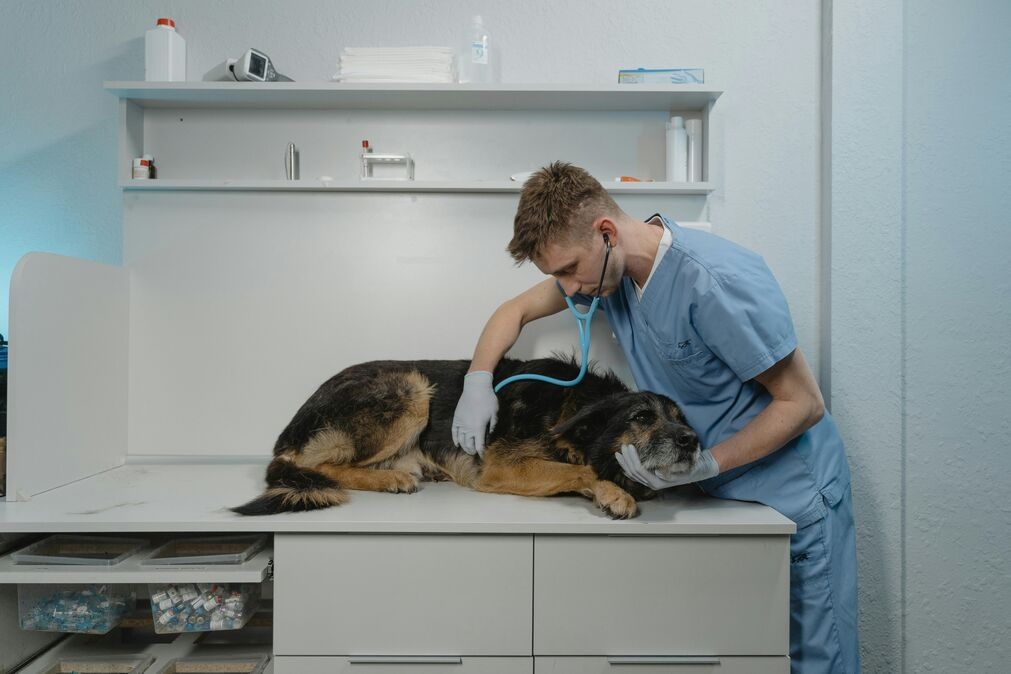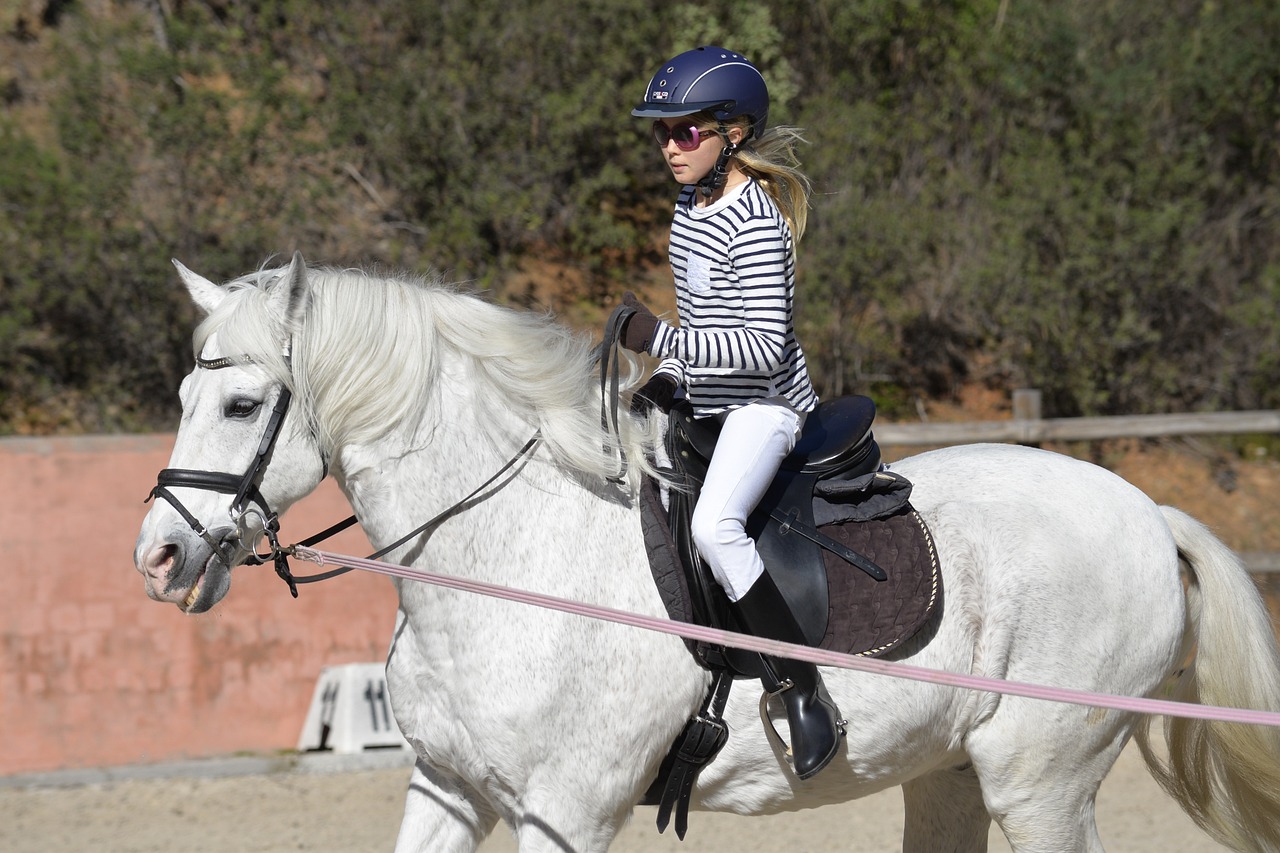Pigeons are birds that come in large numbers and roost at places where they can find food and shelter. They feed on seeds, grains and even fruits. Their droppings contain pathogens which can cause health hazards to humans in the form of respiratory infections and diseases. The droppings from pigeons can also damage your property by staining surfaces or causing corrosion.
Here’s what you should know about pigeon repellents to keep them at bay:
Brief overview of the pigeon problem
Pigeons are one of the most common birds in urban areas. They’re attracted to areas with lots of food, so they often hang out near restaurants and other places where people feed them. Pigeons can be annoying, but they can also cause damage to property and health if they aren’t kept at bay.
Pigeons carry diseases that can make you ill if you come into contact with them–and they can leave droppings on your property as well!
Introduction of pigeon repellents
If you’ve ever had a problem with pigeons, you know how annoying they can be. From leaving droppings on your car to damaging property or even causing fires, these birds can be pests in many ways. Luckily, there are many ways to keep them away from your home and prevent further damage.
Pigeon repellents are just one option for keeping these birds out of your life–but they aren’t all created equal! In this article, we’ll discuss some different types of pigeon repellents available on the market today and give our recommendations based on our own testing experience.
If you are still clueless, get in touch with worldwide pest control services for an expert touch to your services.
Pigeon habits and nesting tendencies
Pigeons like to roost on ledges and other high places. They may also nest in the same place every year, so if you have a pigeon problem, it’s important to know where they are likely to nest.
Pigeons prefer to nest in large colonies. They may build their nests on ledges or roofs, but these areas tend not to be large enough for all of them at once. Instead, pigeons will often choose an abandoned building with lots of rooms that can house multiple nests and families simultaneously, and they’ll stay there until they’re forced out by humans or other factors like weather conditions changing over time
Reasons pigeons flock to certain areas
Pigeons are extremely adaptable birds, and they can thrive in almost any environment. Pigeons are attracted to areas that have a lot of food sources, water sources, shelter, roosting sites and places for breeding.
Pigeons will flock to your property if you have these things:
- Food sources – Pigeons will eat almost anything including seeds or grain (like corn), fruits and berries as well as insects, worms and even small rodents like mice or rats! They especially love bread crumbs so it’s important to keep them away from your bird feeders.
- Water sources – Pigeons need constant access to fresh water so if there aren’t any natural ponds available then make sure you regularly fill up bird baths with fresh water before they arrive at your home!
Impact of pigeons on properties and health
Pigeons can cause property damage, as they leave behind droppings that are unsightly and can be harmful. Pigeons also carry diseases such as salmonella and histoplasmosis, which can be transmitted through their faeces or feathers. Pigeon droppings are known to cause respiratory problems in humans, especially if they’re inhaled (as is often the case with people who live in urban areas).
Pigeons may also be a nuisance when they roost on buildings or other structures during daytime hours, making noise by cooing loudly at each other from rooftops or windowsills. If you have small children living with you who are afraid of birds–or if you just don’t like having them around–this could become an issue for everyone involved!
Finally, pigeons pose potential health risks because they’re carriers of many pathogens that could make us sick if we come into contact with them directly (through scratches) or indirectly through eating food contaminated by pigeon droppings.
Types of pigeon repellents
There are many different types of pigeon repellents, each with its unique effect on the birds. The classification of repellents is based on the type of effect they have on pigeons.
Chemical repellents
Chemical repellents are the most common type of bird repellent and can be effective in repelling pigeons. They’re usually applied to surfaces, such as windowsills or ledges, as a spray or powder. Chemical bird deterrents are available at pet stores and garden centres in liquid form (spray) or granules that you can scatter around your property.
Some chemical repellents contain ingredients such as garlic oil or capsaicin–the compound that gives hot peppers their heat–which can harm humans if swallowed or inhaled. So make sure you only use these products according to package instructions!
Ultrasonic repellents
Ultrasonic repellents are devices that use high-frequency sound waves to drive away pigeons. They’re most effective in areas where there is no human activity, such as behind your house or in an unused attic. Ultrasonic repellents are not recommended for use near children, pets and livestock because these animals can hear the ultrasonic sound waves just as pigeons do–and they may become irritated by them.
Visual repellents
Visual repellents are one of the most common methods used to keep pigeons away. They’re usually in the form of netting or mesh, which can be placed over an area where pigeons tend to congregate. This type of visual repellent is often used on ledges or other areas where birds like to roost and poop, but it can also be put up around windowsills, doorways and other places where you want to keep them away from entering your home or business space.
How to use a pigeon repellent effectively
- Use the repellent as directed on the label.
- Don’t apply it in windy conditions.
- Don’t apply it in direct sunlight (it may cause skin irritation).
- Don’t use this product near food or water sources, and keep children and pets away from them when they are being applied.
Identifying problem areas
To identify problem areas, you need to look for places where pigeons are likely to roost. Pigeons like to roost in the same place every night, so if you can find that spot and make it unattractive for them, they will stop coming back. One sign of a good roosting area is lots of pigeon droppings on the ground or buildings around it–it means they’ve been using it regularly! Another sign is lots of pigeon activity at certain times during the day or evening; pigeons may fly into windows or hang out near entrances while waiting for food scraps from humans.
Correct application techniques for different repellents
Pigeon repellents are available in a variety of forms, from sprays to granules. Spray repellents are the most common type of pigeon repellent and can be used both indoors and outdoors. However, it’s important to know that these products are flammable so make sure you read the instructions carefully before using them near fire sources like candles or gas stoves! Sprays should not be applied directly onto surfaces such as wood or other materials that could catch fire easily if sprayed with water-based liquids such as those found in some bird deterrents (such as bird netting). Instead, they should be applied onto porous surfaces where they have time to dry completely before contact with any potential ignition sources takes place–or else risk causing fires!
Safety measures and precautions for handling repellents
- Wear gloves, a mask long sleeves, pants and closed shoes when handling repellents.
- Keep children and pets away from the area where you are applying pigeon repellents.
- Do not eat or drink in the area where you are applying pigeon repellents.
- Keep the area clean and free of debris so that no one will accidentally step on any spilt material that could be harmful to them if they do come into contact with it on their bare feet (i.e., glass shards).
- Do not touch any spilled material because it could be harmful if ingested or absorbed through your skin
In a nutshell
In conclusion, there are several ways to keep pigeons away from your property. You can use chemical repellents, ultrasonic devices or visual repellents like balloons with spikes attached to them. Depending on the type of repellent you choose, some safety precautions need to be taken into account before using them so make sure you read the label carefully before applying any product on yourself or others around you
Ready to protect your property from pigeons? Explore our comprehensive guide and take action now to keep these birds at bay!



